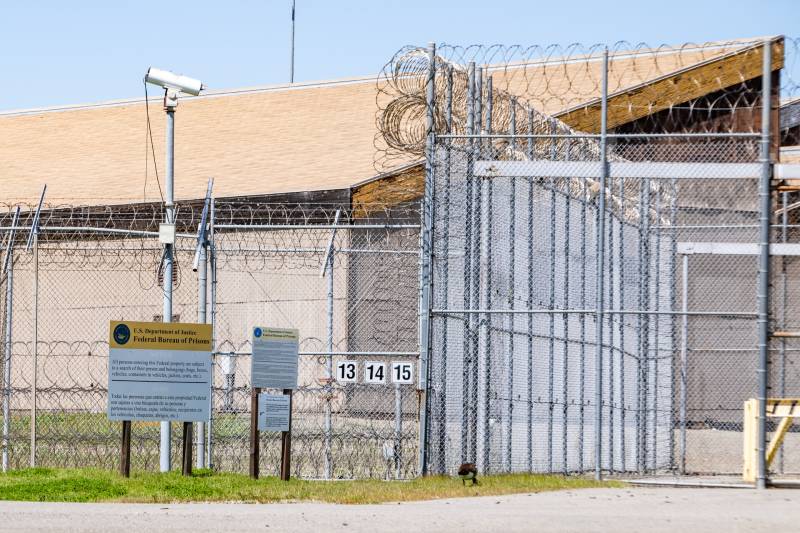Eight former FCI Dublin correctional officers, including the former warden and chaplain, have been convicted and charged and seven have been sentenced.
Since 2021, formerly incarcerated at the Federal Correctional Institution, Dublin, have filed nearly 60 lawsuits alleging a range of sexual harassment violations and retaliation by officers. That includes the class action lawsuit, which started public proceedings on Wednesday.
Earlier this year, U.S. District Judge Yvonne Gonzalez Rogers ordered a special master to oversee mandatory changes at the prison following years of sexual assault allegations and criminal charges against eight officers.
Shortly after, Wendy Still was appointed to the position; however, the Biden administration announced that the facility would shut down.
Women who were housed at the facility have since transferred across the country to a small handful of other women’s prisons. Some women have since alleged mistreatment and retaliation during the relocation process and in their new facilities.
According to a recent court order, Still will continue in her position even though the prison has closed. She will report on conditions at the prison before and during the transfer process and monitor how women are doing at the facilities they were transferred to.
“We are hearing egregious reports of abuse and neglect, conditions of housing that’s dangerous, overcrowding and understaffing and medical needs that aren’t being addressed,” said Erin Neff, an advocate with California Coalition for Women Prisoners. “I am very encouraged by Gonzalez Rogers’ decision to continue the special master’s role for the 600 individuals who are now across the country.”
Gonzalez Rogers responded by calling the closure and transfer process “ill-conceived” and ordered close monitoring and care of women at their new facilities.
“People are vulnerable to retaliation. People still face unconstitutional conditions of confinement, a lack of medical care and so much more,” Montes said. “This is clear; this is a result of not just individual officers who are committing abuses, but it’s an issue of BOP-wide policies that have continued to allow people to suffer.”


